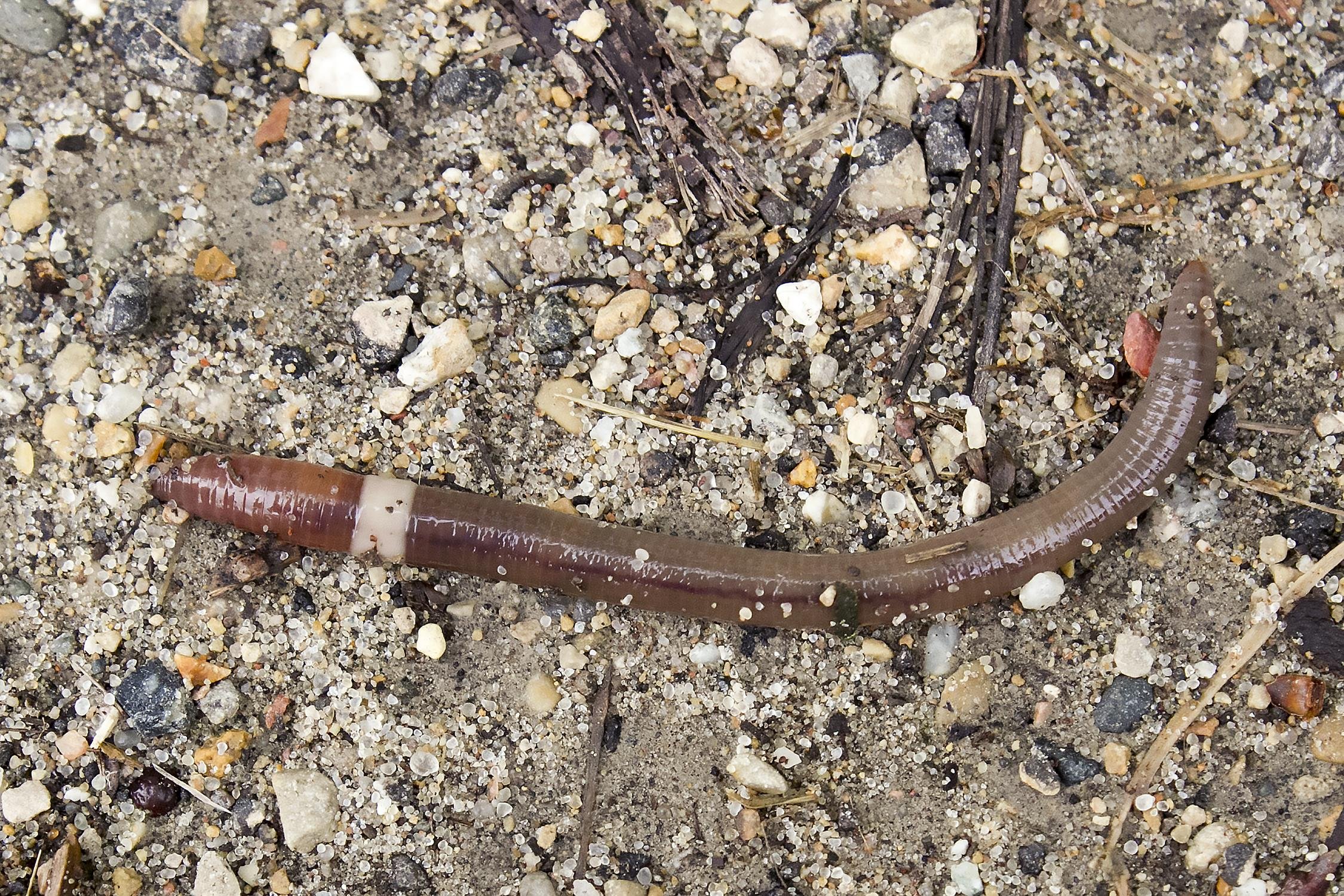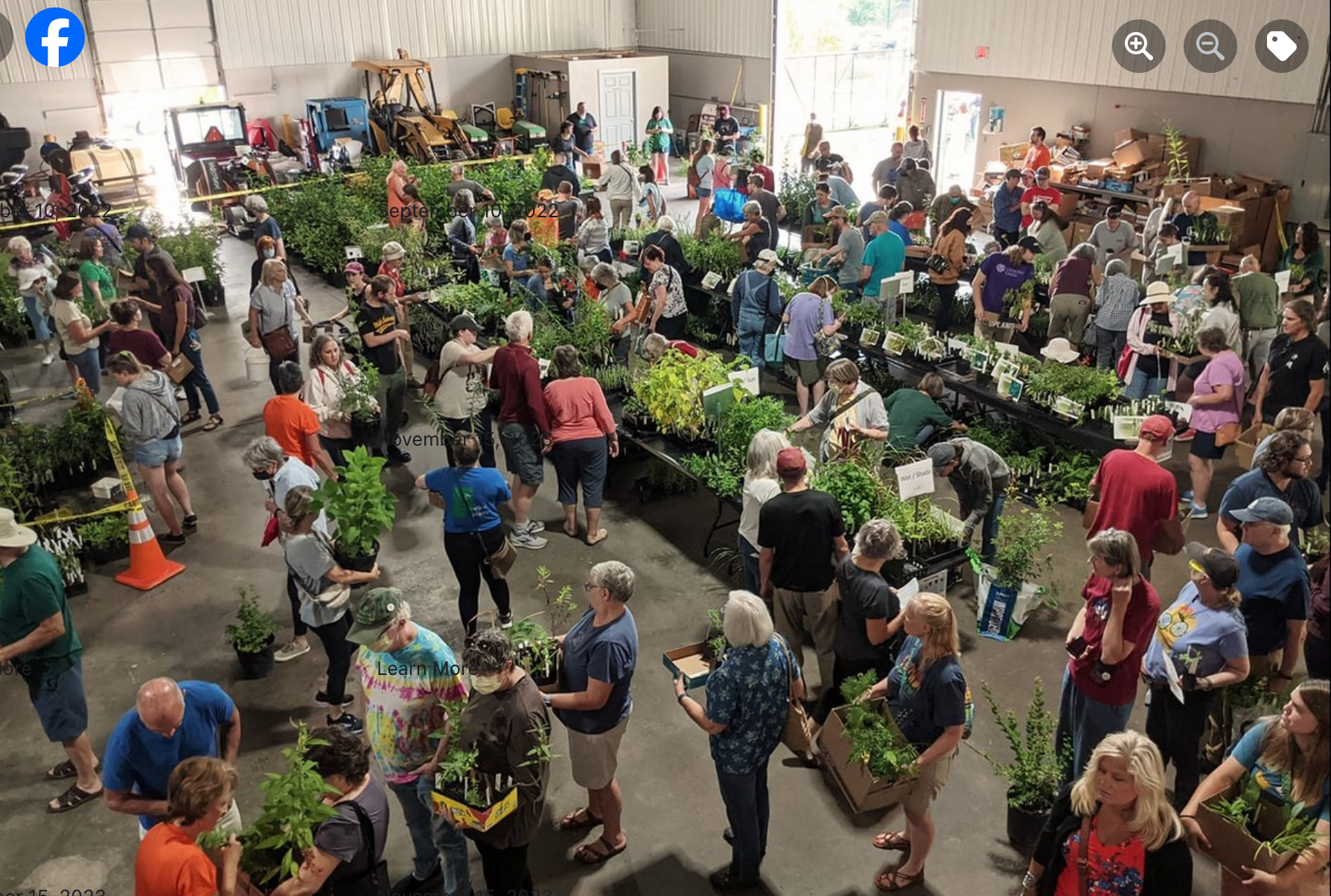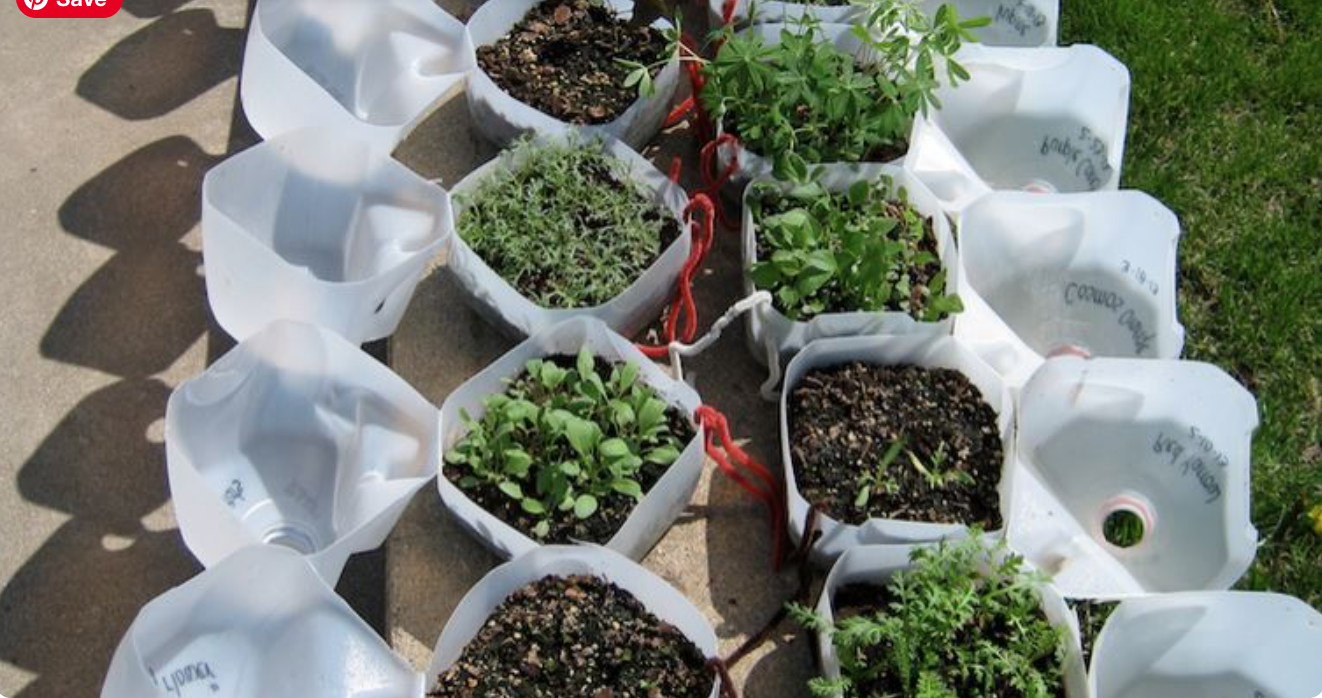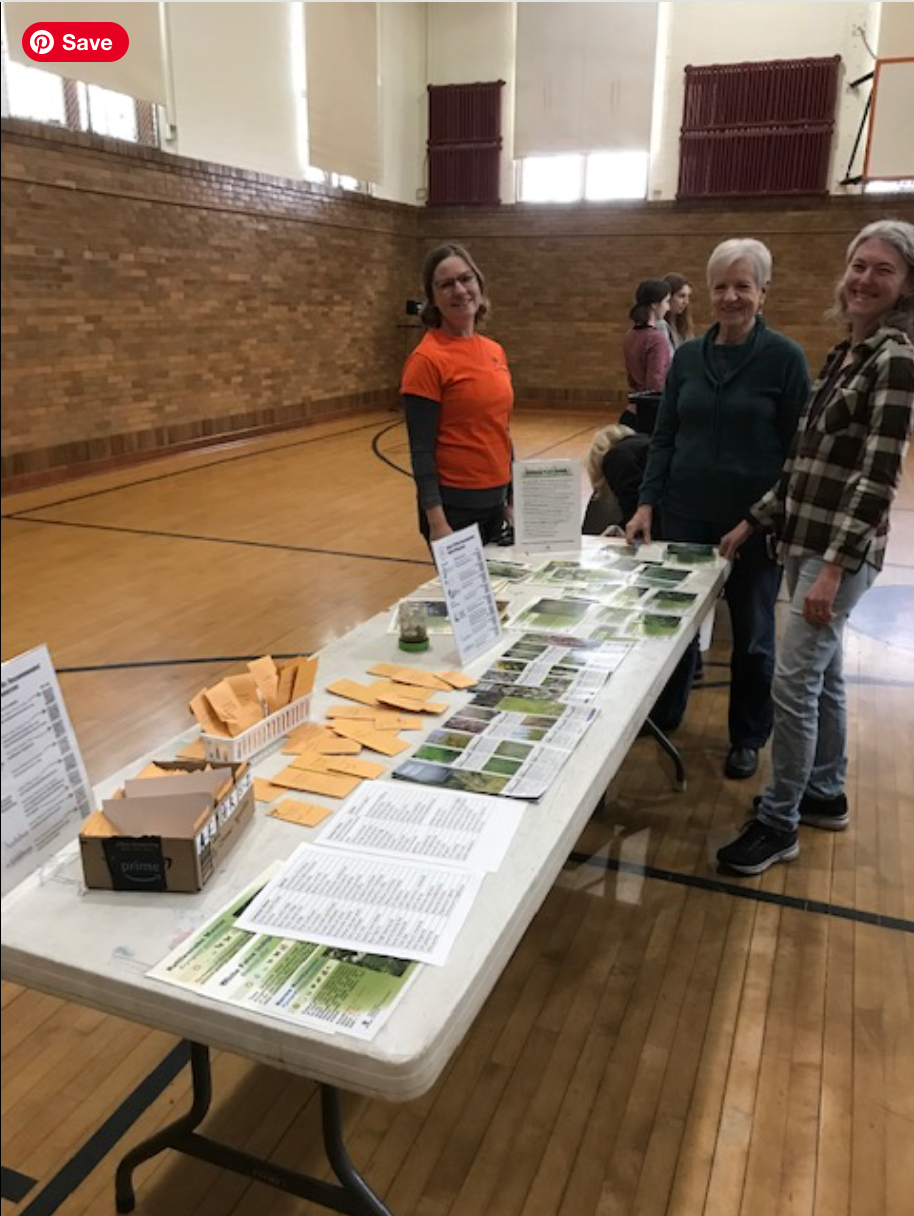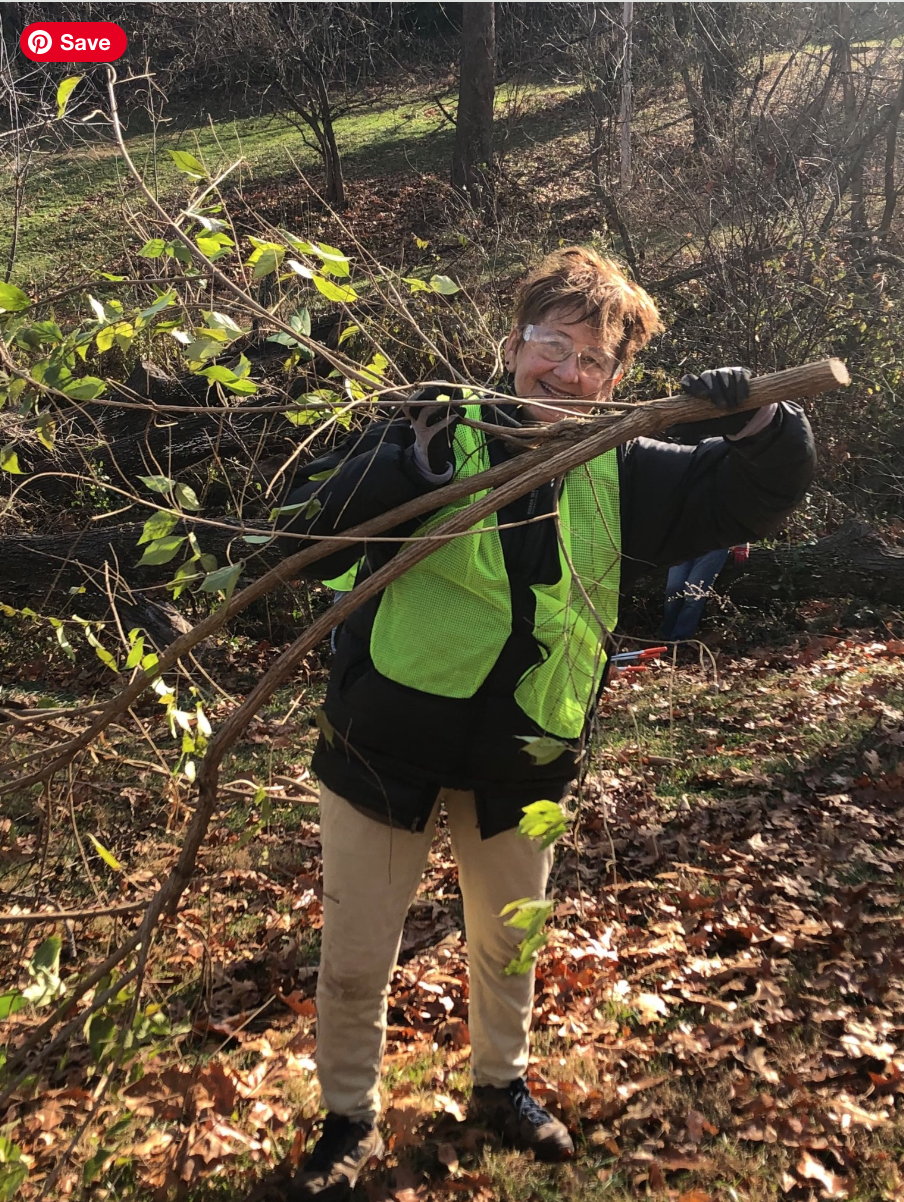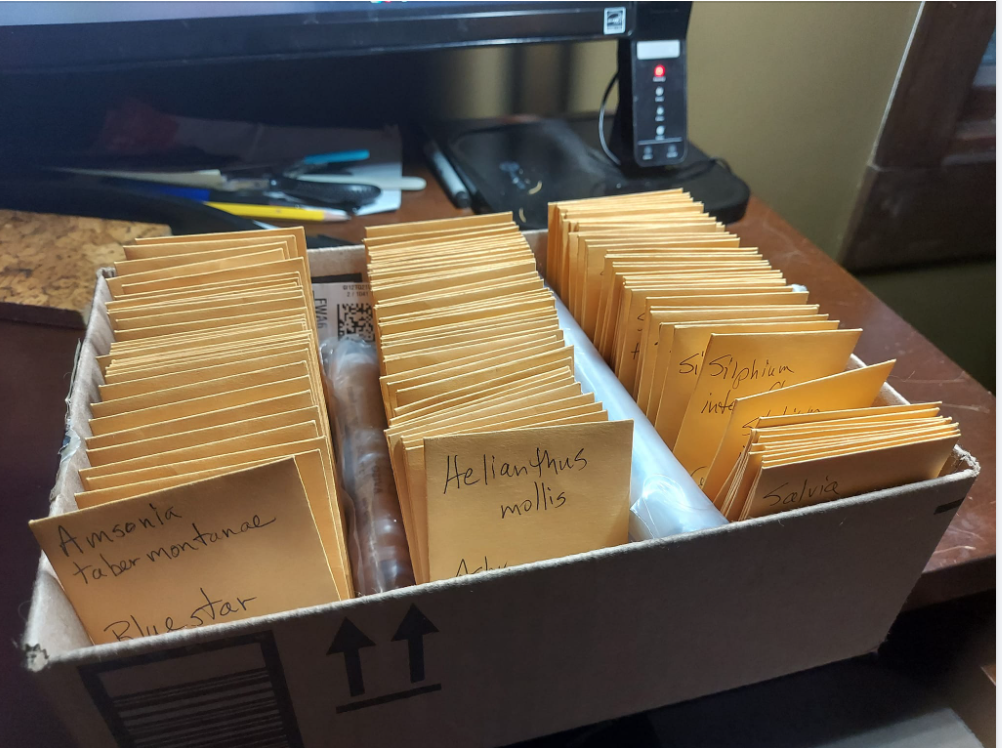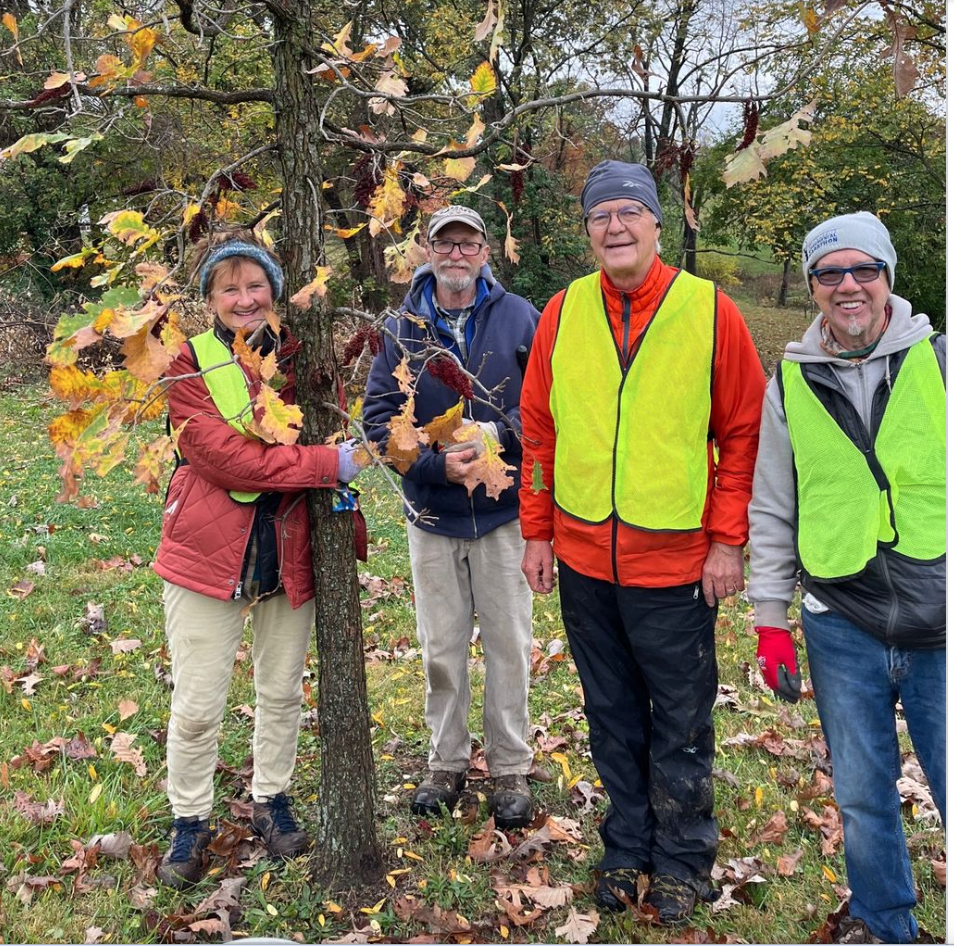2023 Grant Program Awardees
In the spring of 2023, a committee appointed by the president of MCMGA, reviewed grant applications submitted by non-profit organizations. Four projects were selected that are educational in nature and promote and involve the community in horticultural activities as outlined in the criteria for selection. Here are the 2023 Grant Program Awardees. We’re glad to share the news about these successful gardening projects, enjoy!
St. Thomas Lutheran Church Garden — Critter-Proof Fence
The St. Thomas Garden Project was started in 2009 as an outreach program. Thirty-seven plots are open to church members and community gardeners. Each growing season, garden plot participants contribute 25% of their produce to one of the community food banks or to the Community Kitchen. The common areas of the garden are planted and tended by children of the church. Also, this year the garden will be the site for an Earth Day discussion on various church earth-friendly programs such as removing invasive plantings and installing solar panels on church property.
In recent years, rabbits have invaded the garden and various methods to deter them have not been successful. Grant funding will provide for a substantial fence around the entire garden area. This will be designed to permanently protect all the garden plots and increase the production and the donations to community food bank agencies.
Fairview Elementary School Garden — Little Free Library
Grant Award: $400
The grant funds for Fairview Elementary School Garden supported the purchase of a Little Free Library and children’s gardening books. The grant supported the purchase of 15 books, however many additional books continue to be donated by teachers and volunteers. The library of books serves as a station for students to independently use while visiting the garden.
The library box was installed over the summer and stocked with books at the beginning of the school year. Teachers have started bringing students out to the garden to harvest produce, look for insects in the pollinator garden and start fall gardens.
Previous grant funding supported materials for season extension. We plan to continue growing and engaging with the gardens throughout the fall and early winter.
In the photos below, students harvested potatoes, tomatoes and peppers from the garden this fall. Cafeteria staff processed the vegetables and served them at lunch time.
MC-IRIS — Invasive Jumping Worm Flyer
Monroe County Identify and Reduce Invasive Species (MC-IRIS )has been working to share information with landowners on how to identify and report if they find the Asian Jumping Worms on their property. These worms are highly dangerous to local crops and to large and small gardens. There are a few educational resources available now in Indiana but no educational flyers to spread information quickly. Since it is very difficult and even impossible to control jumping worms once established, education and prevention would be the best strategies to deal with this invasive species.
Working with a local artist to design a small color flyer which can be easily distributed, MC-IRIS will use grant funds to print this flyer. Their plan is to use locations such as the April Master Gardeners Garden Fair and other community events to make these flyers readily available.
Middle Way House — Enhance Grounds of The Rise! and Establish a Community Garden
Grant Award: $450.00
Middle Way House used their award to buy mulch and compost to enhance the grounds at The RISE! a transitional housing facility in Bloomington. And, some of the award was used to establish a community garden with the goal of providing opportunities for families, youth, and community members to learn about gardening.
The award also facilitated a collaboration between the Youth Program of Middle Way House and a Public Health intern from Indiana University. The intern reached out to the Wylie House Museum, to secure seeds that resulted in a summer pizza garden. Youth and families who either resided at The RISE! or attended the youth program made the garden come to fruition.
To further enrich these gardening initiatives, the youth program made visits to local community gardens such as: Switchyard Park, Willie Streeter, the Bloomington Community Orchard, and IU’s Jordan Hall Greenhouse. The RISE Community Garden successfully grew microgreens, lettuce, cucumbers, radishes and attempted to grow tomatoes.
An unexpected bonus: the gardening program influenced the youth program’s cooking club!




















